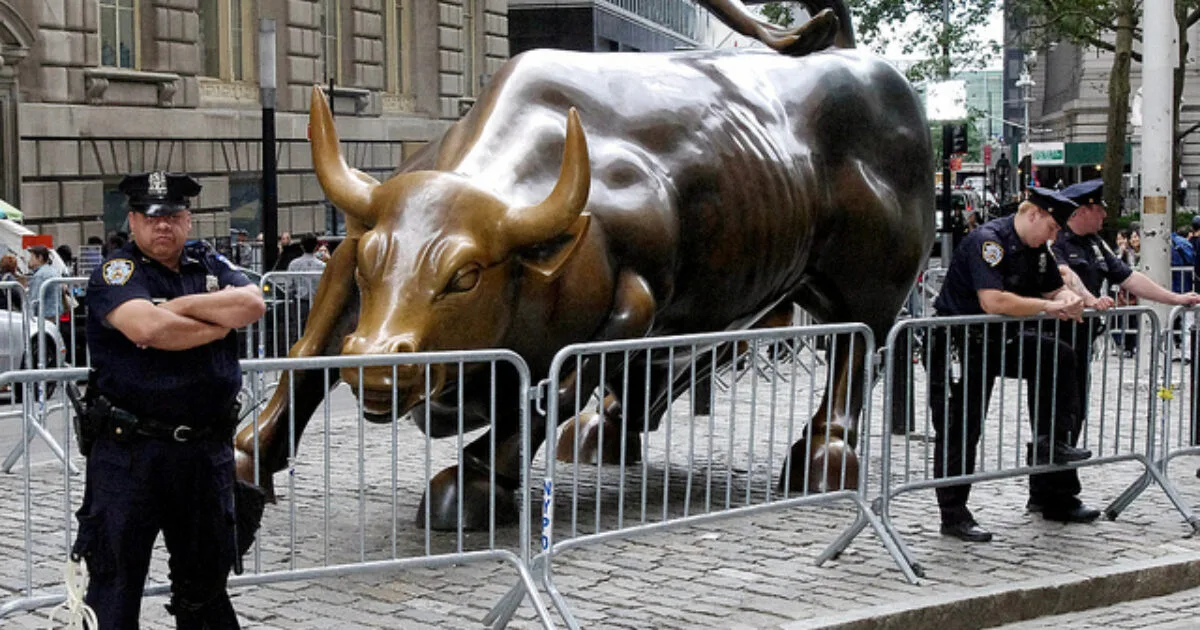In most of the liberal discussions of the recent police killings of unarmed black men, there is an underlying assumption that the police are supposed to protect and serve the population. That is, after all, what they were created to do.
If only the normal, decent relations between the police and the community could be re-established, this problem could be resolved. Poor people in general are more likely to be the victims of crime than anyone else, this reasoning goes, and in that way, they are in more need than anyone else of police protection. Maybe there are a few bad apples, but if only the police weren’t so racist, or didn’t carry out policies like stop-and-frisk, or weren’t so afraid of black people, or shot fewer unarmed men, they could function as a useful service that we all need.
This liberal way of viewing the problem rests on a misunderstanding of the origins of the police and what they were created to do.



I agree, but I’d argue there’s an even better, simpler critique of that liberal approach to understanding police: The Purpose of a System Is What It Does.
Systems don’t have intentions. There’s no point saying a system is supposed to do one thing when it does another. Systems do what they do, and that is their purpose.
Working in IT I’m not sure I agree with that. I mean I think you’re basically trying to say, ‘listen to my actions, not my words’, but still. People screw up designing systems all the time. Both bugs and design gaps exist. This doesn’t imply the system designer somehow intended those to happen, even if they built it that way.
I think there’s definitely an argument to be made that old, well established system are most likely doing what the controllers of those systems want. Otherwise they’d change them.